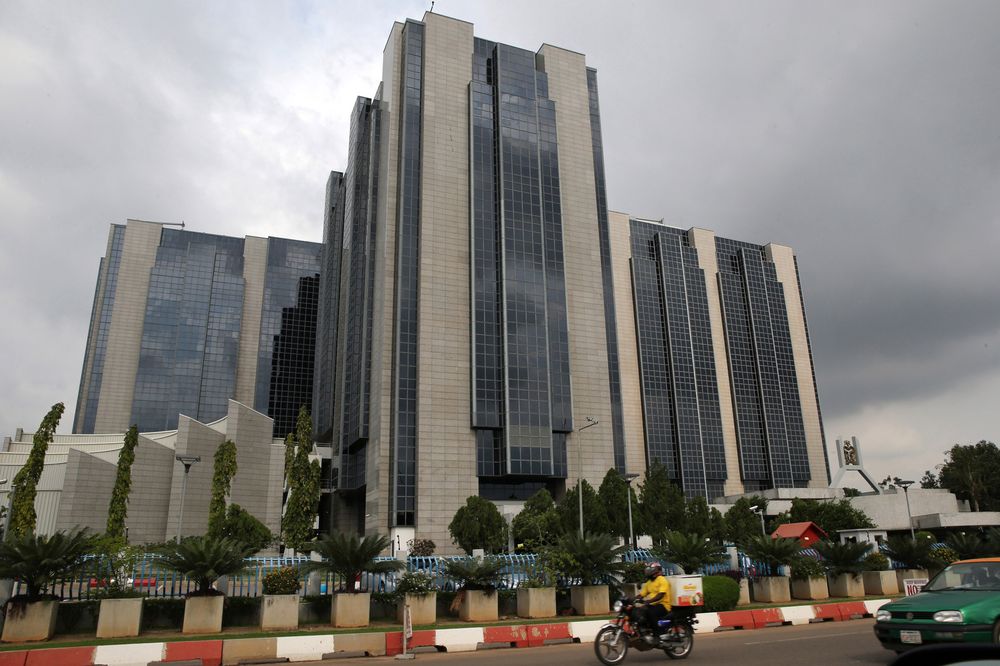CBN’s new GSI Policy: What bank customers need to know

On August 1, a new policy that will deny serial bad debtors any cover to operate went live in the Nigerian banking system. The Central Bank of Nigeria (CBN) says the Global Standing Instruction (GSI) policy will facilitate improved credit repayment culture in the country; reduce non-performing loans (NPLs), and promote watch-listing of chronic loan defaulters in the Nigerian Banking System.
The policy, introduced by the CBN by virtue of Section 2 (d) of the CBN Act, 2007, is to promote a sound financial system and enhance loan recovery across the Nigerian banking sector. It was approved by the Bankers’ Committee on February 18, 2020.
On July 13, 2020, the Financial Policy and Regulation Department of the Central Bank of Nigeria (CBN) in circular No. FPRD/DIR/GEN/CIR/07/056 to all banks and other financial institutions announced the operational guidelines for the new policy for individual bank customers in the country.
To regulate effective implementation of the GSI process, including eligible loans granted by banks from August 28, 2019, the CBN issued the guidelines for all banks and other financial institutions.
The following explainer is to highlight not only the importance and significance of the GSI to the country’s banking and financial system, it will also show how the policy will work and the role of the different parties involved.
Under the GSI, it will no more be possible for a bank customer to take a loan or credit from one bank and refuse to pay back, while continuing to maintain several other accounts in other banks with enough credit balance that could have paid back the debt of the first bank.
